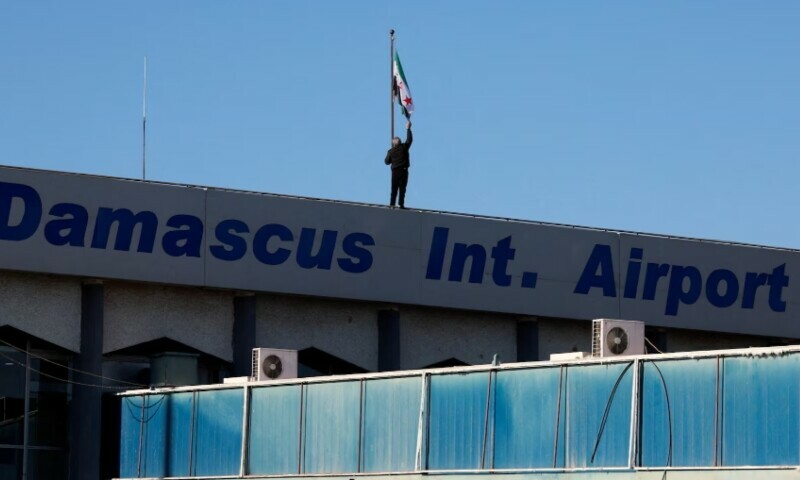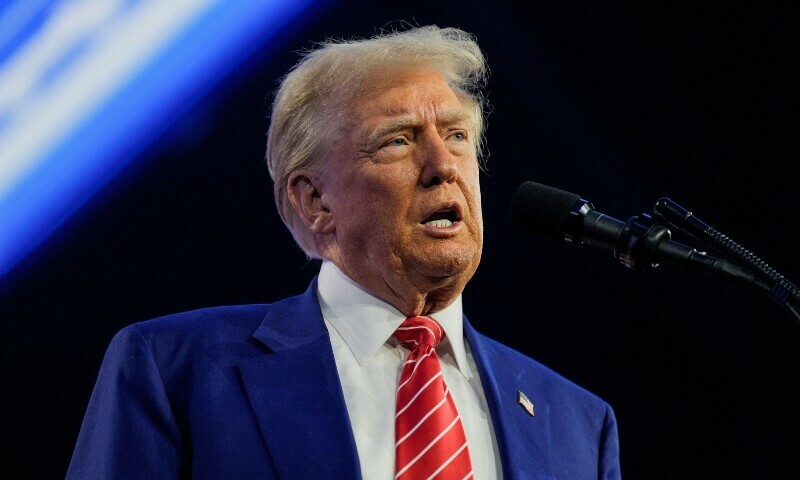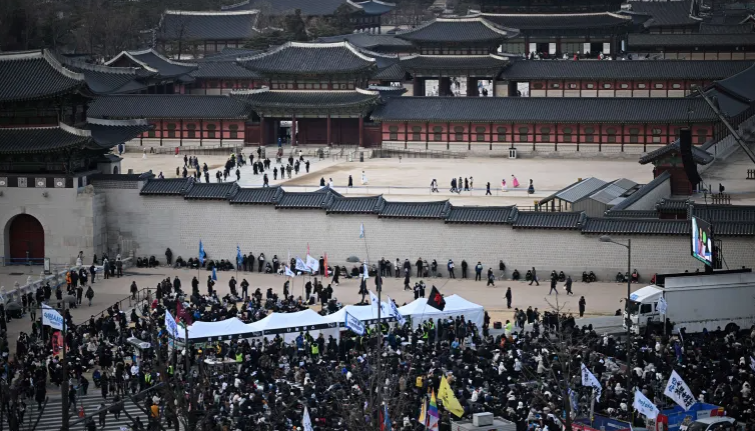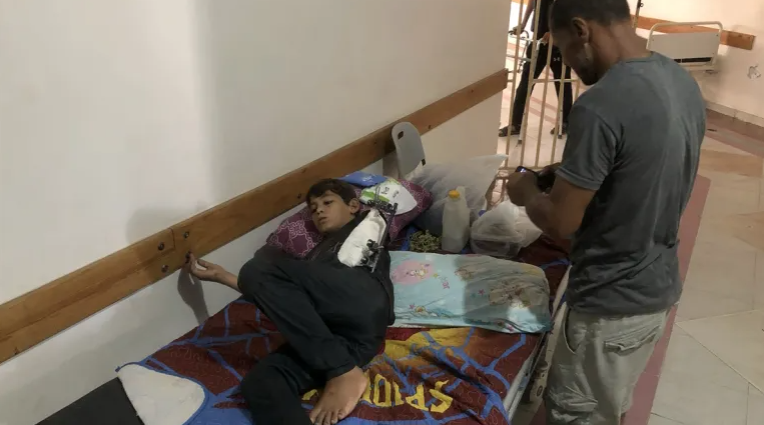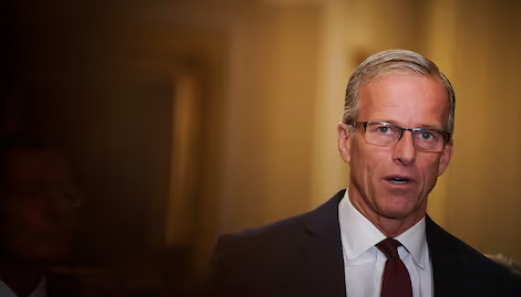WORLD NEWS
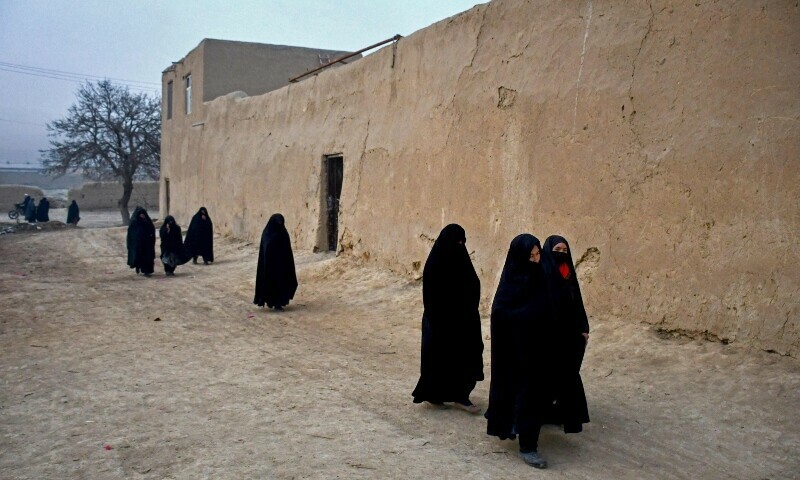
UN Human Rights Chief Volker Turk has called on Afghanistan's ruling Taliban authorities to reverse their ban on Afghan women working for non-governmental organizations (NGOs), a measure he decried as “absolutely the wrong path.” This ban, which builds on a series of restrictions that have progressively erased women from public life, marks a significant setback for both gender equality and the country's humanitarian efforts.
In a statement released on Tuesday, Turk expressed his deep alarm over the Taliban's recent directive, which could lead to the revocation of NGO licenses if they continue to employ Afghan women. This move further exacerbates the dire humanitarian crisis in Afghanistan, where more than half the population lives in poverty. NGOs, both national and international, play a crucial role in providing life-saving assistance to both men and women, including essential services in health, education, and more. Turk emphasized that restricting women from working in these vital organizations would directly undermine the population's access to critical aid.
“Since the Taliban's return to power in 2021, Afghan women have faced an alarming increase in discriminatory measures that restrict their basic freedoms,” said Turk. “The de facto authorities’ latest move further isolates women from the country’s social, economic, and political life, which will have long-term consequences on Afghanistan’s development.”
The Taliban’s Ministry of Economy, in a letter dated Thursday, ordered all national and international NGOs to comply with a decree issued two years ago, which bars them from employing Afghan women. This directive is part of a broader set of measures that have progressively restricted women’s rights since the Taliban's return to power. Afghan women are banned from post-primary education, limited in their access to parks and public spaces, and prohibited from singing or reciting poetry publicly.
“Every measure that seeks to eliminate women and girls from public life, including the right to work, access education, and participate in society, is not only deeply discriminatory but detrimental to Afghanistan’s future,” Turk continued. “A nation cannot thrive politically, economically, or socially while excluding half of its population.”
The UN has consistently criticized the Taliban’s treatment of women, labeling it as gender apartheid. With restrictions that not only block educational and work opportunities but also limit freedom of movement and personal expression, the international community has expressed mounting concern over the direction in which the Taliban is leading Afghanistan.
The Taliban’s administration continues to defend its policies, asserting that they are in line with Islamic law, which it claims guarantees the rights of both Afghan men and women. However, the widespread impact of these policies on women’s rights and freedoms has raised serious concerns among global human rights organizations.
In light of the recent developments, Volker Turk urged the Taliban to reverse this latest decree and remove all other measures that discriminate against women and girls. The UN High Commissioner emphasized that for Afghanistan to have a hopeful future, its authorities must change course and allow women and girls to fully participate in society.
